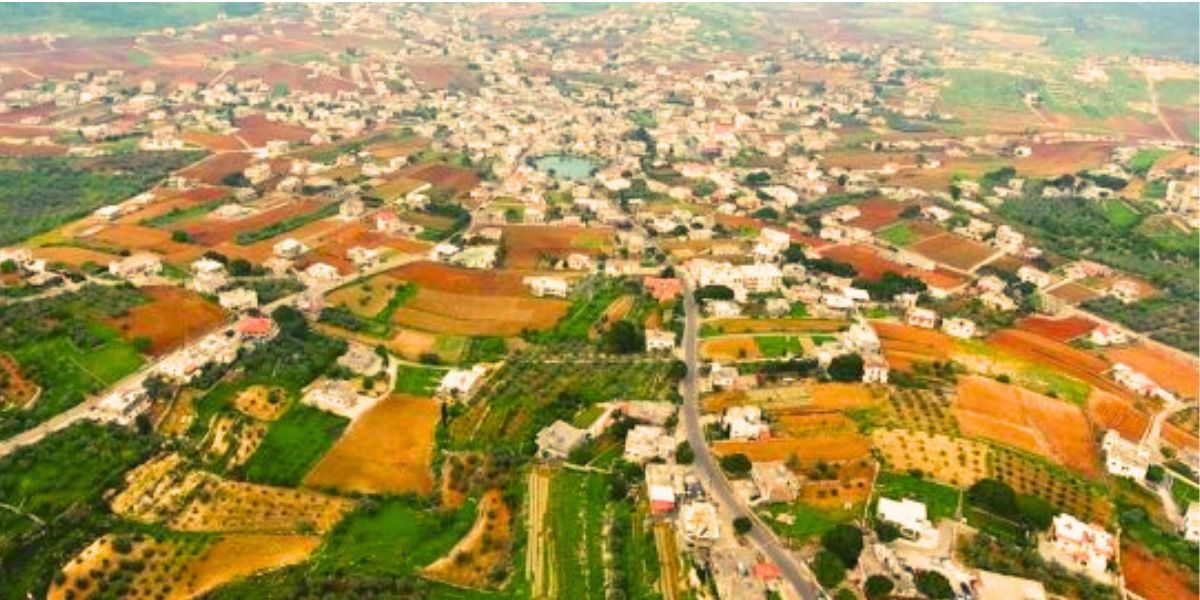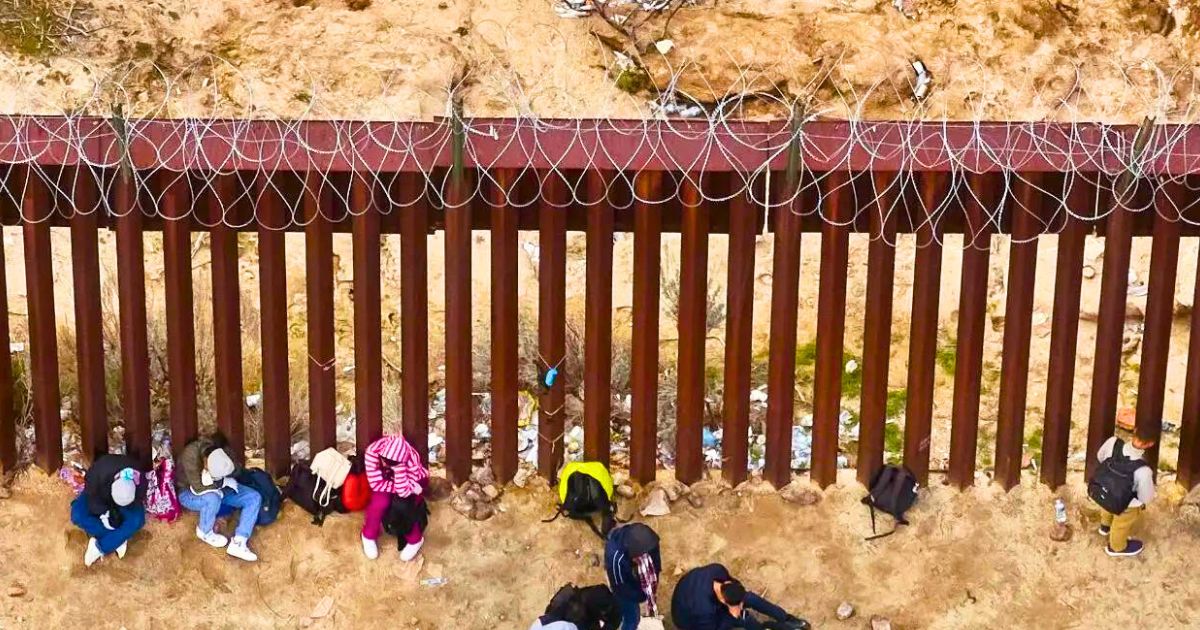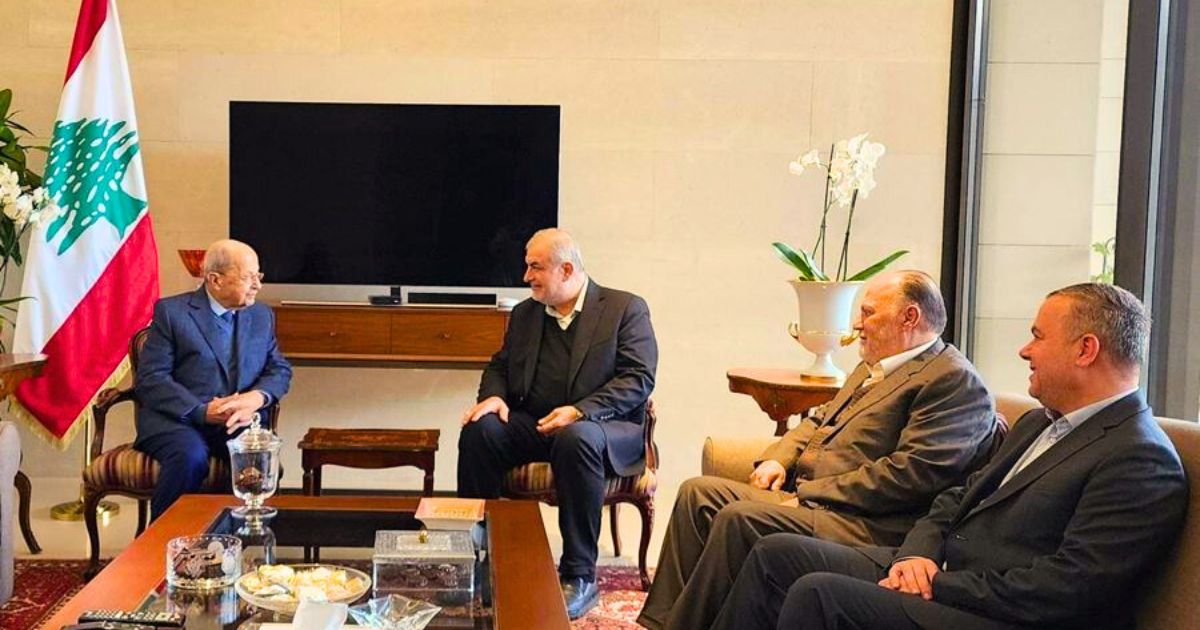Lebanon’s Audiovisual Council interfered to counter the freedom of the press after MTV aired this week an episode of Haki Sadek.
During the televised program, journalist Dima Sadek, who is known for her bold frank reporting, did not go around the bushes when she directly pointed the finger at Hezbollah for the assassination of activist and political analyst Lokman Slim.
“Yes, Hezbollah killed Lokman Slim, and we are not going to wait for an investigation to tell us openly,” she charged.
She blasted Hezbollah, accusing it of being a tool of oppression, which attempts to install fear in the free Shiites are failing. “You won’t see fear in our eyes, only contempt towards you,” she said firmly, addressing the Iran-backed party.
Abdel Hadi Mahfouz, President of the National Audiovisual Council of Lebanon, rushed to intervene to urge MTV’s Chairman Gabriel El-Murr to go against “the condemnation of Hezbollah for murder, without any evidence.”
MTV stopped airing at once the replay of the episode, while El-Murr himself announced that he disapproved of the episode.
The MTV’s chairman claimed that he “was not made aware of its content in advance, as he was undergoing surgery in hospital.”
El-Murr assumed no responsibility for what was aired on his own media channel and went on to state that he has reprimanded Dima Sadek and that she admitted her mistake. A matter she prompted to deny through her social media pages.
“I said what I said in total conviction, and I will not change my views nor respond to anyone’s statements. And Mr. Michel Murr, I hope you’re well after the surgery you went through,” Sadek wittily said, insinuating that El-Murr wasn’t being truthful with his statements.
Mahfouz’s interference with that statement suggests that media stations’ top bosses must closely monitor their reporters, restrain their press freedom, and censure what can be said or not prior to broadcast.
It’s very rare to see Lebanon’s Audiovisual Council intervene in cases similar to this one. Mahfouz has never spoken out about the hundreds of verdicts issued by television channels condemning citizens and refugees or politicians and bankers.
There was no known report even that he had interfered when Al-Jadeed bluntly criticized President Michel Aoun and kept at it for few days.
Lebanese authorities’ attempts to hinder freedom of speech and opinion in the country have been on the rise though. It has prompted fourteen Lebanese and international organizations last year to announce the formation of a “Coalition to Defend Freedom of Expression in Lebanon.”
However, fast forward till February, journalists are still being attacked, slandered, defamed, sued, and some even physically assaulted and threatened.

















